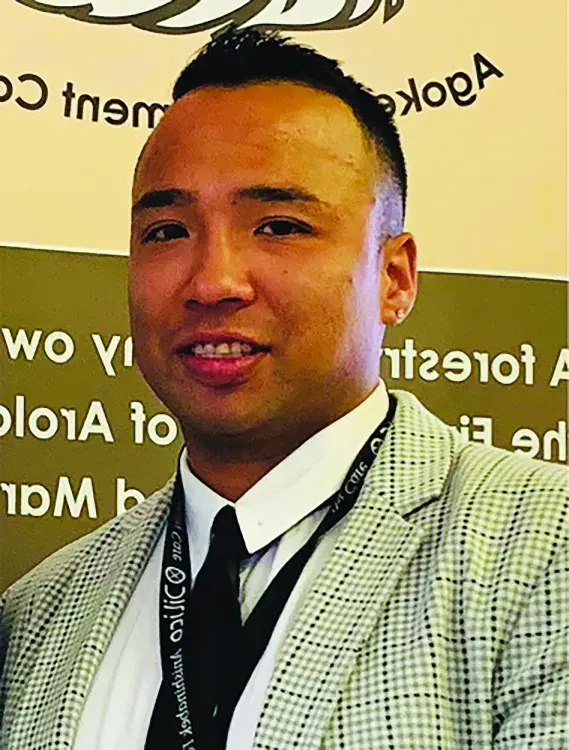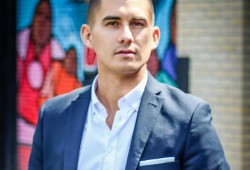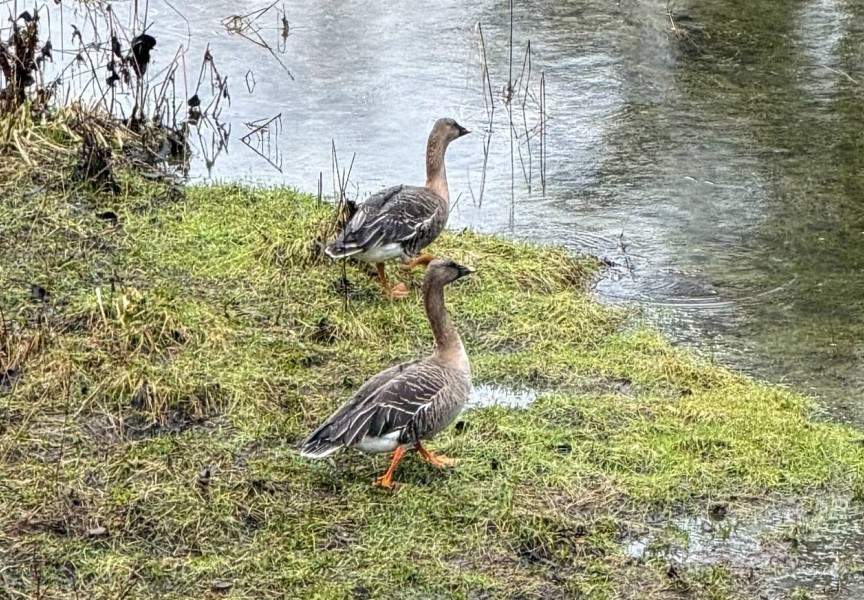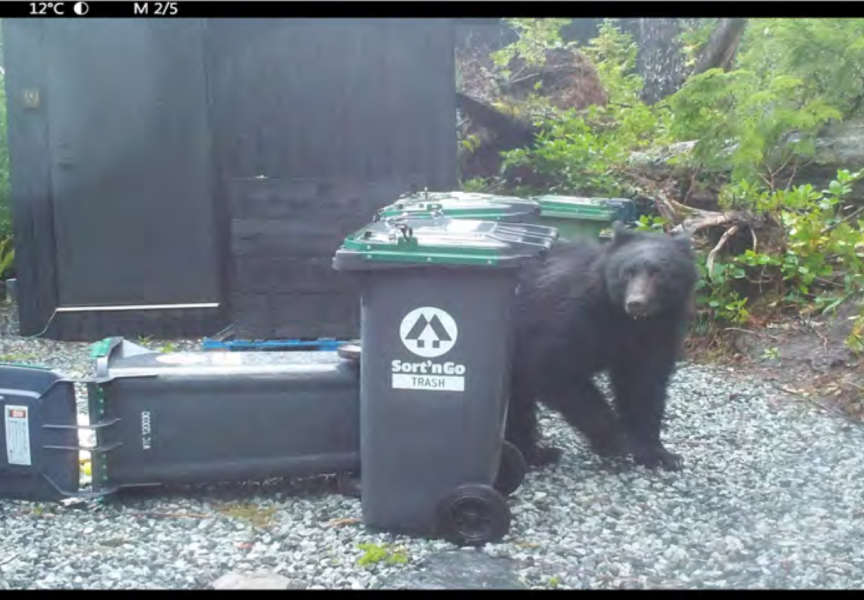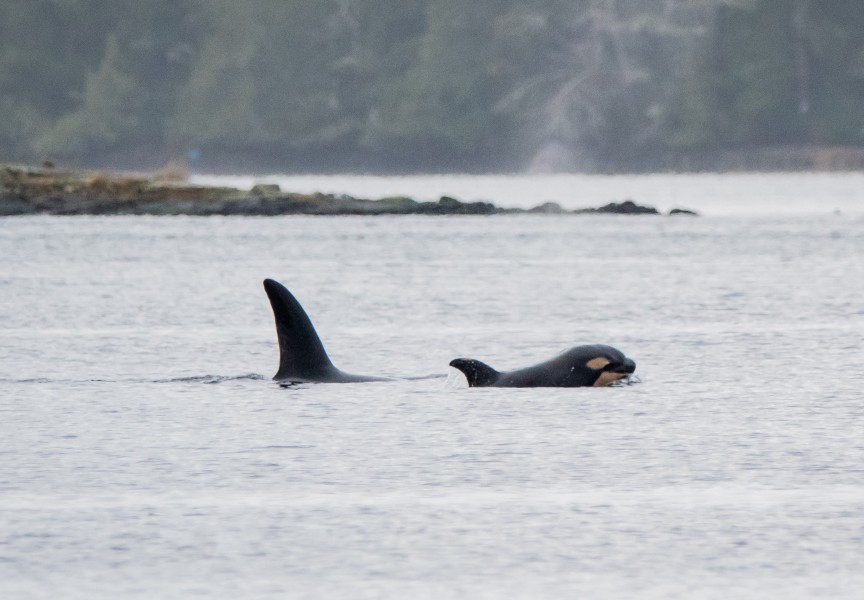On Sept. 13, Deloitte Canada released a report highlighting the significance of climate equity when considering responses to the adverse impacts of environmental events on Indigenous communities.
For Jason Rasevych of Ginoogaming First Nation, who is the national leader of Indigenous Client Services for Deloitte Canada, the disruptions of climate change for First Nations communities are significant due to “reliance on the land,” making them “more vulnerable to those disruptions.”
Rasevych shares that some of the primary climate change impacts that Indigenous people have faced are related to disruptions in “food security, access to sacred plants and traditional medicines, traditional gatherings that are on the land, safe housing.”
He also noted that the cultural livelihood of communities “is pursued through exercising inherent rights and treaty rights, and also just the generational transfer of Indigenous knowledge from elders and from ancestors down through generational cycles.”
“There’s been a long history for Indigenous people to be sustainable; to have sustainable coexistence due to the knowledge systems and due to Indigenous peoples’ roles, and protecting concepts like biodiversity since millennia,” said Rasevych.
“When it comes down to that service that Indigenous peoples are providing to society [and] that the land provides, that often goes unnoticed and also it goes unaccounted for on the balance sheet when it comes to environmental accounting,” he added.
The report makes recommendations to include a whole-of-government approach with “clear and ambitious” climate equity objectives when approaching solutions that prioritize racialized and low-income communities. It includes the recognition of First Nation, Métis, and Indigenous leadership structures as leading partners, recognizing Indigenous-led environmental assessment, and for each level of government to establish reliable climate equity funding.
“The message around the ‘whole-of-government response is needed’ is meant to make the recommendation to government that the siloes need to be removed and also that this is not a partisan issue, that we need to maintain consistency amongst messaging across the provinces and jurisdiction,” said Rasevych. “As the impacts of climate change grows, there needs to be more departments, ministries, agencies; the administrative bodies, they need to be working together on planning to mitigate this so that it becomes more of a clearer responsibility across government rather than having one specific department that's tasked with that.”
Rasevych shared that historically, Indigenous perspectives, voices, and knowledge were not commonly prioritized when considering climate change.
“For climate change solutions to work and achieve positive outcomes, they need to explicitly include a holistic approach and focus on the wellbeing of people in their communities,” he said.
In June B.C.’s Ministry of Environment and Climate Change launched their first National Adaptation Strategy to help reduce the impacts of climate-related disasters. The strategy aims to improve people’s wellbeing, protect and restore nature and biodiversity, build and maintain infrastructure, and support the economy.
Originally released in 2022, the strategy was open for final comment among territories, provinces, and Indigenous organizations for review.
Similar to the recommendations in Deloitte’s report, most feedback provided was on “how governments could work together to achieve goals and measure progress,” reads a press release.
“Notably, feedback allowed for even deeper recognition of the lived realities and climate change impacts in communities across the country, including Indigenous communities and the North,” it continued.
For Tyson Atleo, hereditary representative of Ahousaht First Nation and Climate Program director for Nature United, Crown-government models of resource management are not “well aligned with long-term climate outcomes.”
“What we need to do is draw on other systems of knowledge that are deeply rooted in ecology… to inform new policies for relating to our natural ecosystems,” said Atleo.
“We know that historically… our cultures in terms of governance and law were very effective at maintaining respectful protocols between our human societies and natural ecosystems,” said Atleo. “Our way of relating to the natural environment was one based on a foundation of reciprocity, care, respect, [and] shared learning.”
Atleo reflects that for Ahousaht a true solution to climate change is to integrate traditional knowledge in the context of resource management.
“It would allow us to manage our resources in a way that would continue to sequester carbon and manage resources and develop communities in a way that are climate resilient, because our traditions and our cultures were climate resilient,” said Atleo.
“Indigenous peoples are climate leaders,” continued Atleo. “We need to support and enable their leadership in the mitigation and adaptation efforts related to addressing the climate crisis.”

